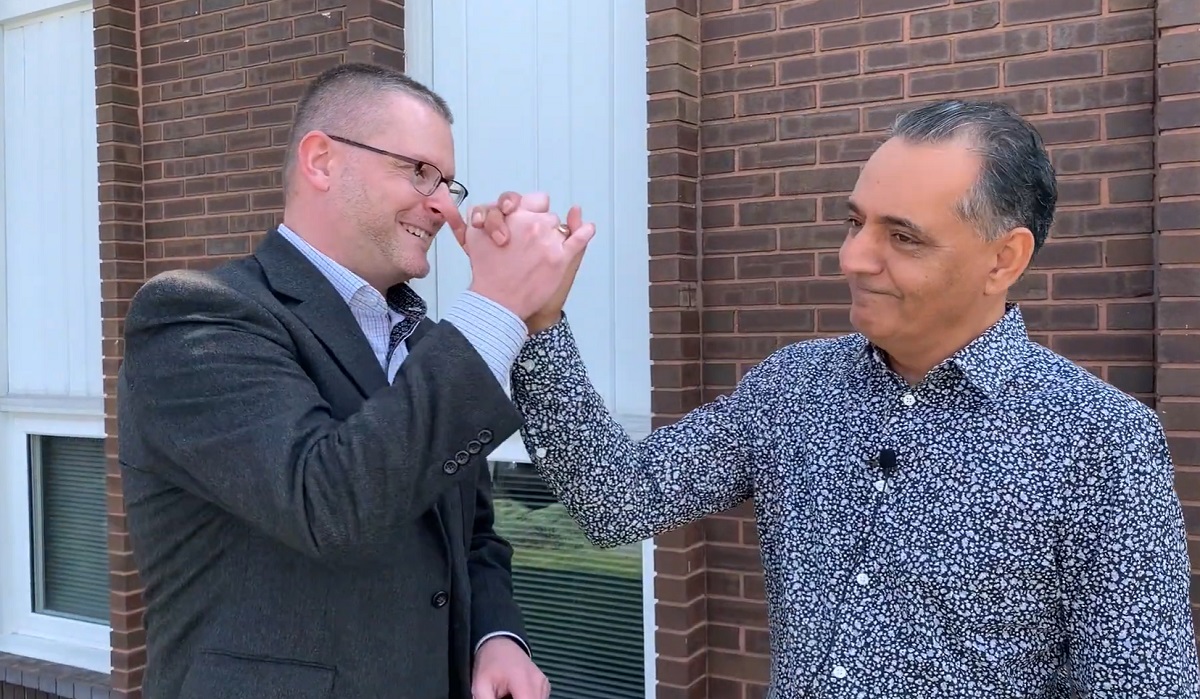How to Prevent Self-Limiting Behavior From Limiting your Leadership Potential

To change behavior in a meaningful, lasting way, we need to uncover and change the belief that drives that behavior. We also need to understand that we cannot go unarmed into the fight with the negative talk that comes from our unconscious mind. We must instead counter that negativity by refocusing our minds on positive thoughts. These lessons are just a few learned from a recent workshop with Umar Hameed—neuroscience guru, Neuro-Linguistic Programming (NLP) performance coach, Jedi Master, and all-around good guy.
After the workshop, I sat down with Umar to talk about NLP and self-limiting behaviors. We also discussed how leaders can use this information to drive culture change. Tune in to my interview with Umar, and visit his website to learn more about him, NLP, and how his work can help you and your organization.
Finally, drop me a line or post a comment to share a self-limiting belief that you’ve struggled with in your leadership role. How are you moving past it and using that awareness to change your behavior?
TRANSCRIPT
Chad Harvey (00:05): Chad Harvey here with Umar Hameed. Umar, we just finished an excellent session with you on neuro-linguistic programming and neuroscience. What’s the one self-limiting behavior that you see many people struggle with?
Umar Hameed (00:17): Well, it’s common for all. The question is, why is it so difficult for people to change their behavior? They know what they want to change, but they just can’t seem to do it. Well, they’ll go to a workshop and get inspired, and for five minutes or five days, they’ll change that behavior. The reason it’s so difficult is underneath every behavior that counts is a belief in our unconscious that’s like a black hole of gravity that locks that old behavior in place. So, no matter how much you want to change, it just doesn’t change. And if we do get inspired to change, if we don’t address the underlying belief, the gravity of that belief will pull us back into the old way of being.
For leaders, it’s not in the behavior business. As leaders, we need to be in the belief business, because that’s how you get better performance for ourselves, our employees, and that’s how we change our culture. And when we do that, we outpace and we out-think our competition.
Chad Harvey (01:06): Fantastic. I love it. Identify beliefs and drive change. You’re the man.
